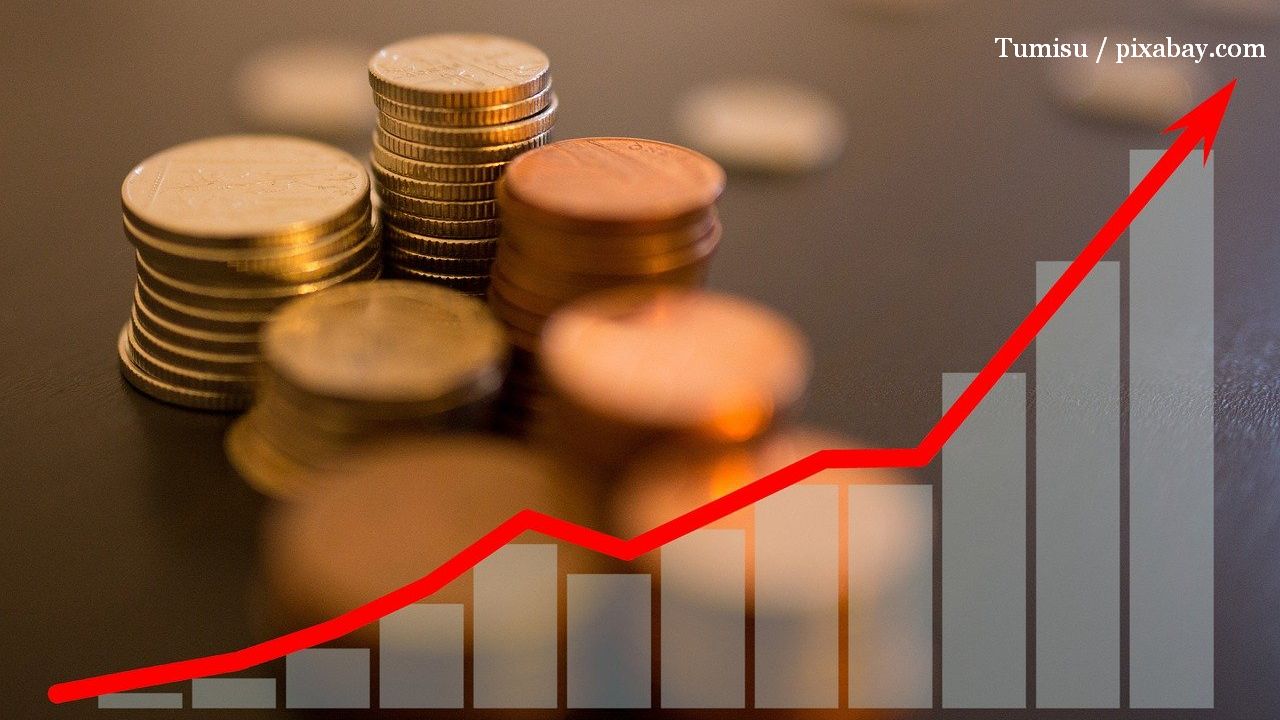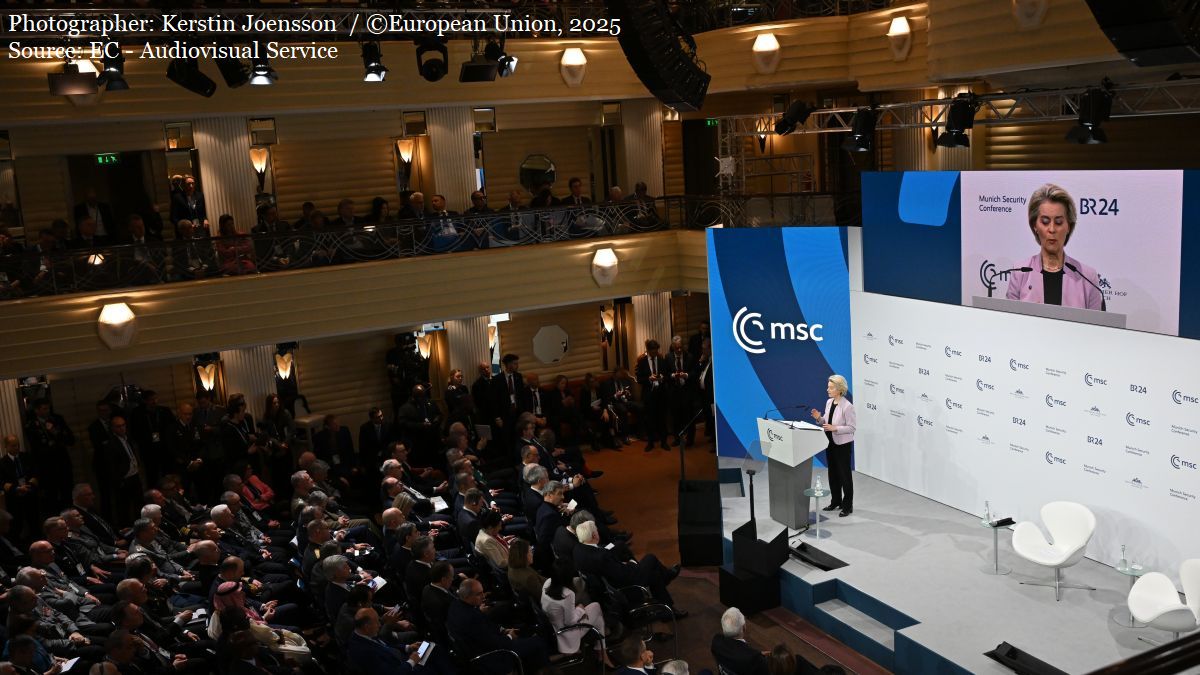Central Bank Report on Inflation
The Central Bank forecasts a higher inflation rate for the end of 2025 than previously estimated

Leyla Cheamil, 18.02.2025, 14:00
The National Bank of Romania has increased its inflation forecast for the end of this year to 3.8%, from 3.5% previously, according to the institution’s latest quarterly report. The Governor of the National Bank, Mugur Isărescu, has stated that, in the first half of this year, there will be no particular inflationary pressures, but there will be effects generated by past shocks. He recalled the increase in indirect taxes in January 2024 and the reductions in the prices of natural gas and unprocessed food in the second quarter of last year. For the end of 2026, the Central Bank anticipates a level of 3.1% of the annual inflation rate. The Governor of the National Bank explained that, starting from the first quarter of this year, also as an impact of the budget consolidation measures, Romania will enter a period of demand deficit – a positive element with regard to the evolution of inflation, but which may affect economic growth.
Mugur Isărescu: “The country is entering a period of demand deficit, so let’s see how it works. The important thing is that, in combination with the fiscal policy, the monetary policy, this new situation does not lead to recession. If economic growth is based mainly on investments and especially on the absorption of EU money, we believe that this can be avoided and inflation will go down. There is economic growth – not great, but still growth”.
The Governor of the National Bank, Mugur Isărescu, has also stressed that Romania was not an inflation champion last year, as stated, but actually had the lowest figures compared to three similar countries – the Czech Republic, Poland and Hungary. The highest inflation rate was recordedin Hungary, almost 25%, as a peak, then in Poland and we were even slightly below the Czech Republic, the NBR governor stated, explaining that the decrease in inflation in the case of Romania was, however, slower.
Regarding the risks to the projected inflation trajectory, Mugur Isărescu has warned that there are many uncertainties, including what is happening in Saudi Arabia, namely the discussions on Ukraine between the Trump administration delegation and Russia, as well as the summit of European countries in Paris, also regarding Ukraine. According to the governor, the measures taken by the current governing coalition to reduce the budget deficit will lead to a period of demand deficit. In this context, it is important that the fiscal and the monetary policies combined help avoid the recession.
Mugur Isărescu has also announced that the Central Bank will grant more flexibility to the exchange rate this year. Therefore, it is possible that the national currency will depreciate slightly and even exceed the threshold of 5 lei for one euro. Mugur Isărescu emphasized, however, that once internal political tensions are overcome, the leu will remain an anchor of stability, and the NBR will allow more flexibility for the exchange rate. (MI)






























